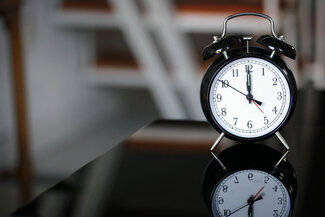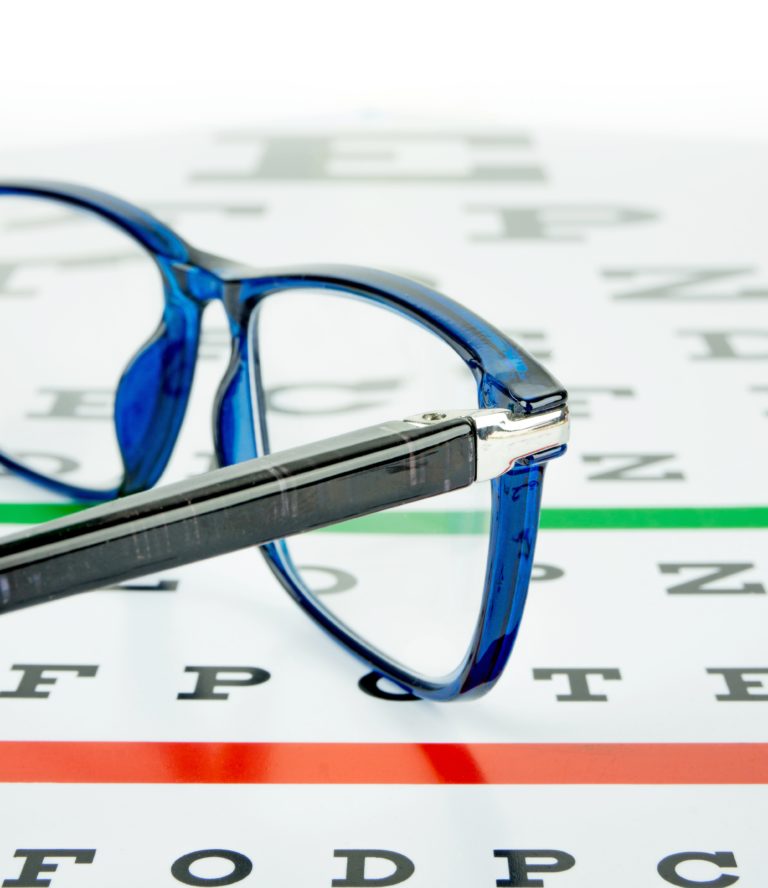When we get older, certain things can unexpectedly creep up on us. One thing is the possibility of hearing loss, which affects 200,000 people in the United States per year. Unfortunately, this condition is connected to dementia in older people.
A Huge Connection
In 2001, Johns Hopkins University epidemiologist Frank Lin conducted a study to see the connection between the conditions. Lin tracked the normal abilities of nearly 2,000 individuals ages 77 and over during a six-year period. In 2013, Lin showcased the results of the study, and they were very alarming. Individuals with hearing loss had a 24 percent higher chance of dementia.
A Big Gamechanger?
Fortunately, there is hope for individuals with hearing loss. In 2006, Assistance Publique-Hopitaux de Paris’ researcher Isabelle Mosnier wanted to see the true impact of cochlear implants. They researched 94 elderly patients who had a strong case of hearing loss. Following the insertion of cochlear implants, the elderly patients saw a major increase in their overall performance. Aside from halting hearing loss, the patients saw a decrease in depression.
Not So Fast
Despite this newfound discovery, some people are skeptical about cochlear implants. “Every doctor knows that hearing loss can result in cognitive problems, but they still don’t focus on it as a priority when they evaluate someone with suspected dementia — which is a big missed opportunity,” The Alzheimer’s Action Plan co-author P. Murali Doraiswamy, M.D. said. “The benefits of correcting hearing loss on cognition are twice as large as the benefits from any cognitive-enhancing drugs now on the market. It should be the first thing we focus on. We need long-term controlled trials looking at whether cochlear implants can delay the onset of dementia in at-risk subjects, which will clinch the case.”
While the connection between hearing loss and dementia is strong, at least there’s a chance for normalcy.








